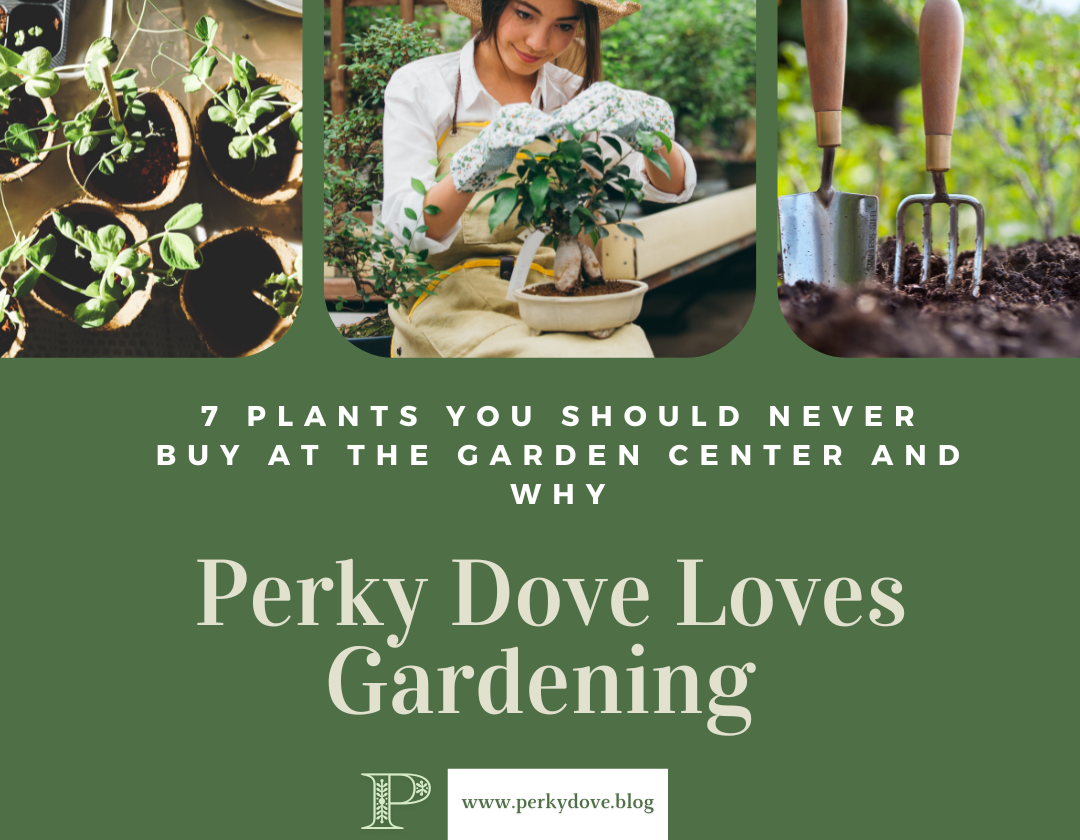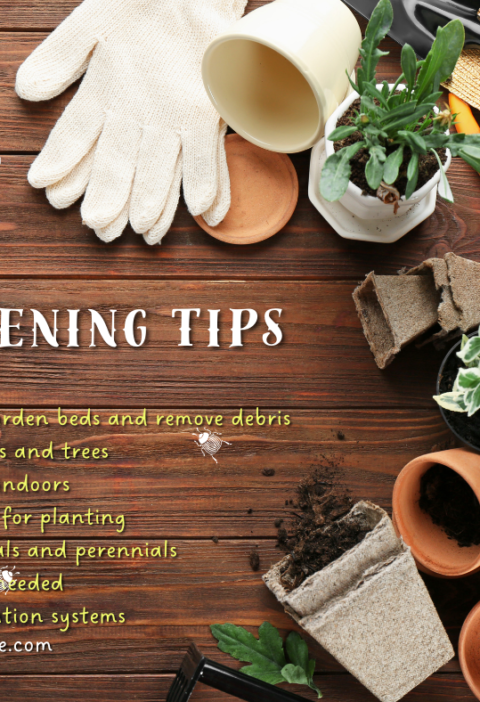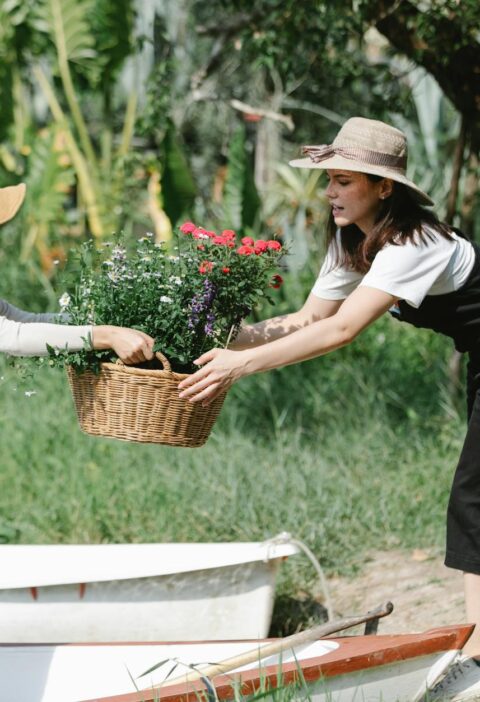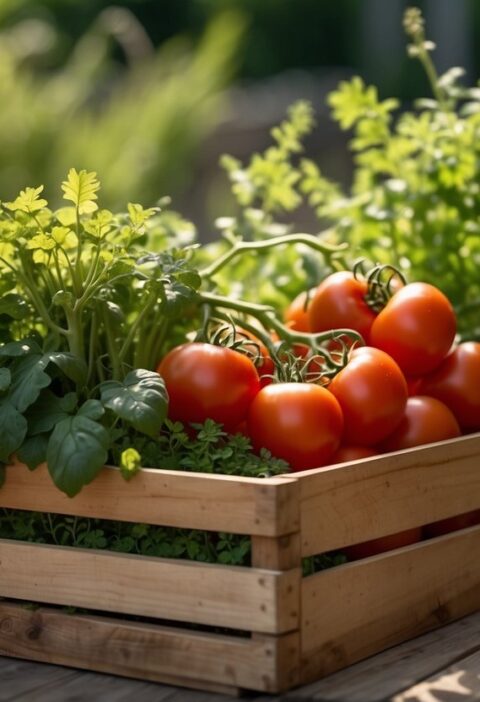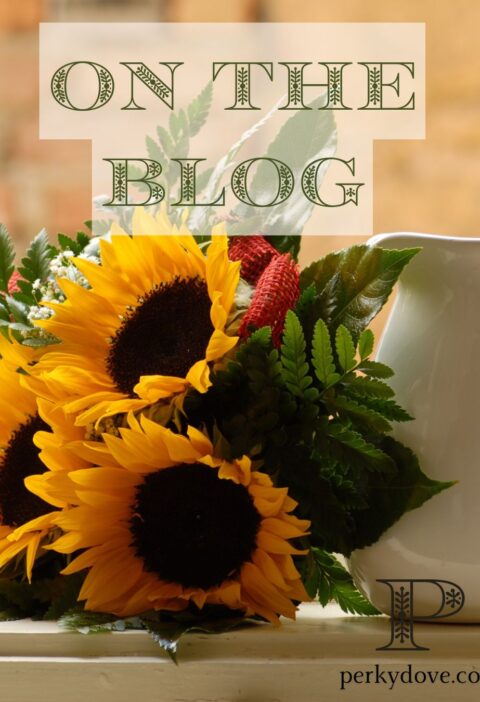We use affiliate links. If you purchase something using one of these links, we may receive compensation or commission.
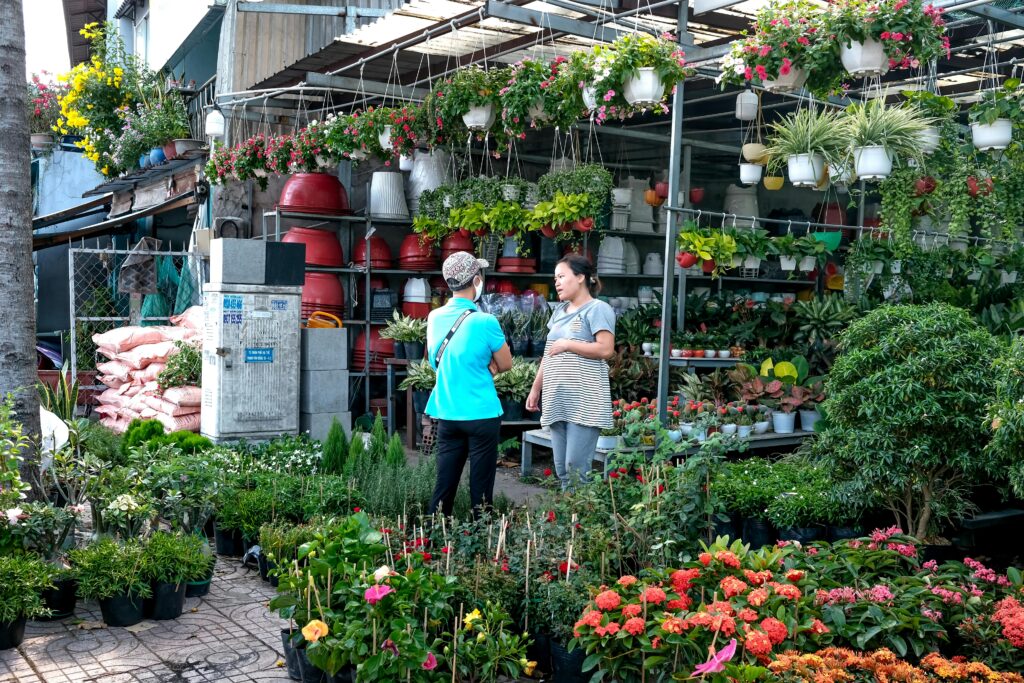
When shopping for plants at your local garden center, it’s easy to be tempted by beautiful blooms and lush foliage. However, not all plants are suitable for every garden, and some can cause more trouble than they’re worth. Here’s a list of seven plants you should think twice about before buying and the reasons why.
1. Mint (Mentha spp.)
- Why to Avoid: Mint spreads aggressively through underground runners and can quickly take over garden beds. Once established, it’s difficult to control.
- Alternatives: Grow mint in containers to prevent spreading or consider other herbs like basil (Ocimum basilicum) or oregano (Origanum vulgare).
2. Common Butterfly Bush (Buddleia davidii)
- Why to Avoid: Although attractive to butterflies, it can become invasive and outcompete native plants that support butterfly larvae.
- Alternatives: Plant native options like Swamp Milkweed (Asclepias incarnata) or Buttonbush (Cephalanthus occidentalis) to support butterflies.
3. English Ivy (Hedera helix)
- Why to Avoid: English Ivy can overgrow structures and trees, causing damage and outcompeting native plants. It’s also a haven for pests.
- Alternatives: Use less invasive ground covers like Vinca minor (Periwinkle) or Ajuga reptans (Bugleweed).
4. Japanese Honeysuckle (Lonicera japonica)
- Why to Avoid: This plant is highly invasive, often choking out native plants and trees. It grows quickly and is hard to remove once established.
- Alternatives: Native honeysuckles like Lonicera sempervirens (Trumpet Honeysuckle) are beautiful and non-invasive.
5. Nandina (Nandina domestica)
- Why to Avoid: Also known as heavenly bamboo, Nandina can spread aggressively and its berries are toxic to birds.
- Alternatives: Opt for native shrubs like Itea virginica (Virginia Sweetspire) or Clethra alnifolia (Summersweet).
6. Japanese Barberry (Berberis thunbergii)
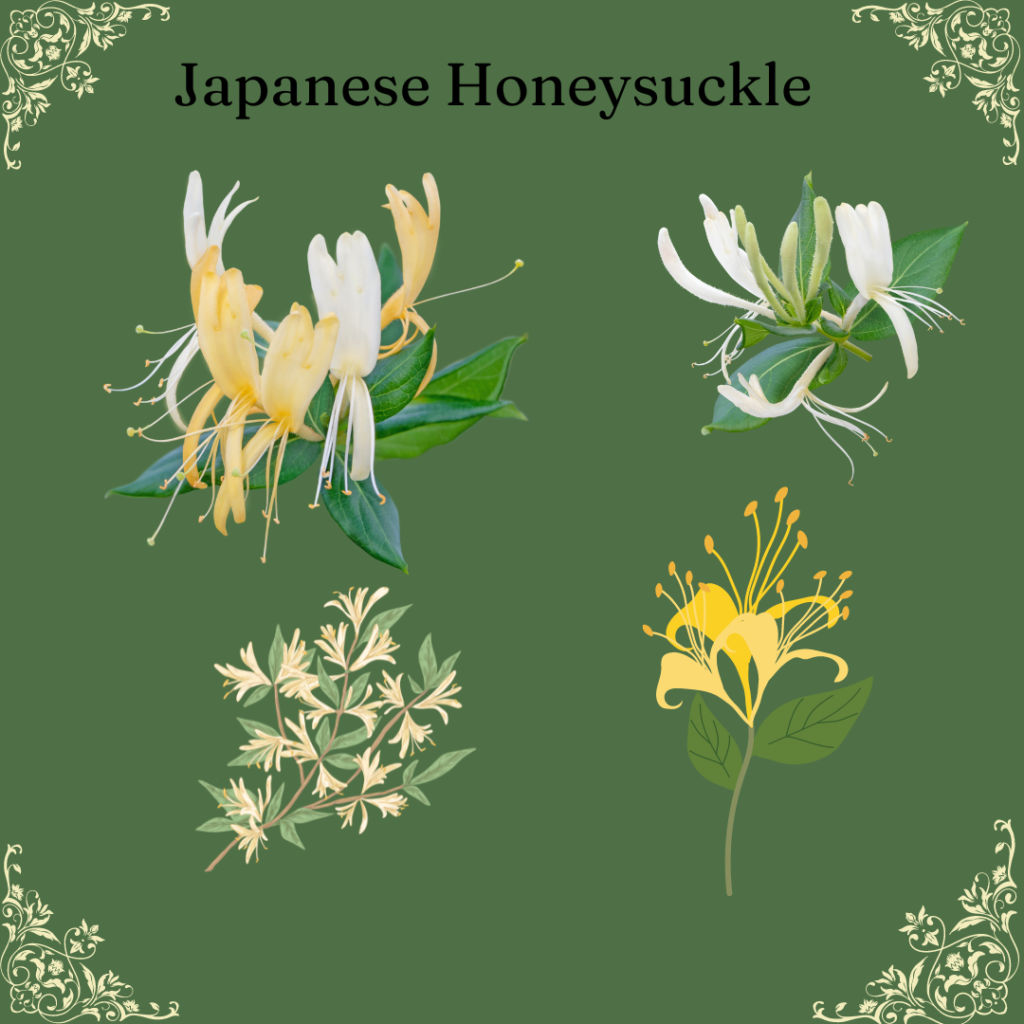
- Why to Avoid: Japanese Barberry is invasive and can spread into forests, altering ecosystems and harboring ticks.
- Alternatives: Native shrubs such as Vaccinium corymbosum (Highbush Blueberry) or Ilex verticillata (Winterberry) are excellent choices.
“Plants give us oxygen for the lungs and for the soul.”
— Linda Solegato
7. Periwinkle (Vinca major)
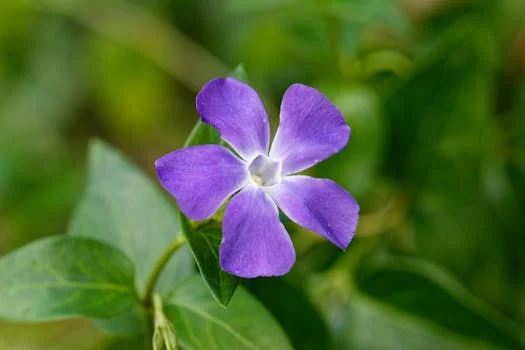
- Why to Avoid: Periwinkle spreads rapidly and can escape cultivation, becoming invasive in natural areas.
- Alternatives: Use native ground covers like Packera aurea (Golden Ragwort) or Wild Ginger (Asarum canadense).
Conclusion
Choosing the right plants for your garden not only ensures a beautiful landscape but also supports the health of your local ecosystem. By avoiding these potentially problematic plants and opting for suitable alternatives, you can create a thriving and sustainable garden. Always research plants before purchasing and consider their long-term impact on your environment.
